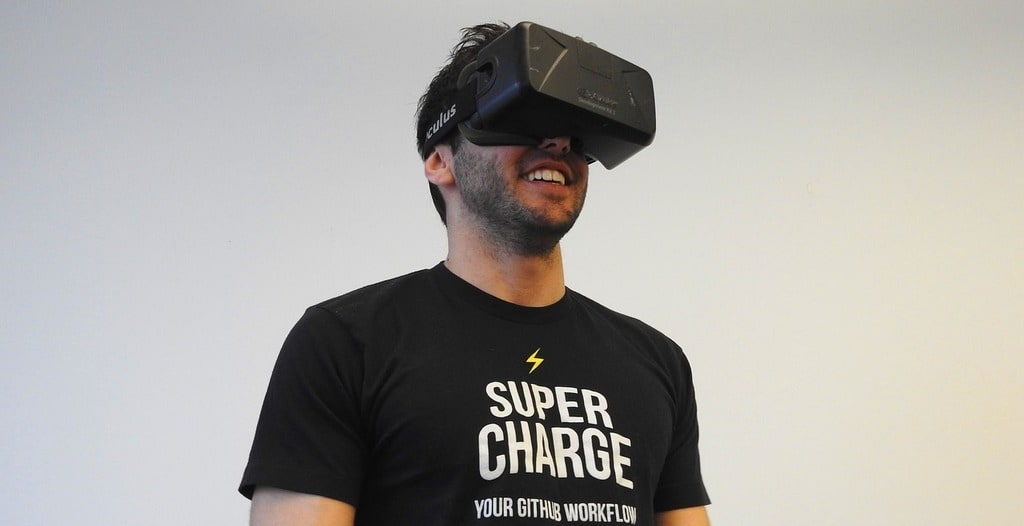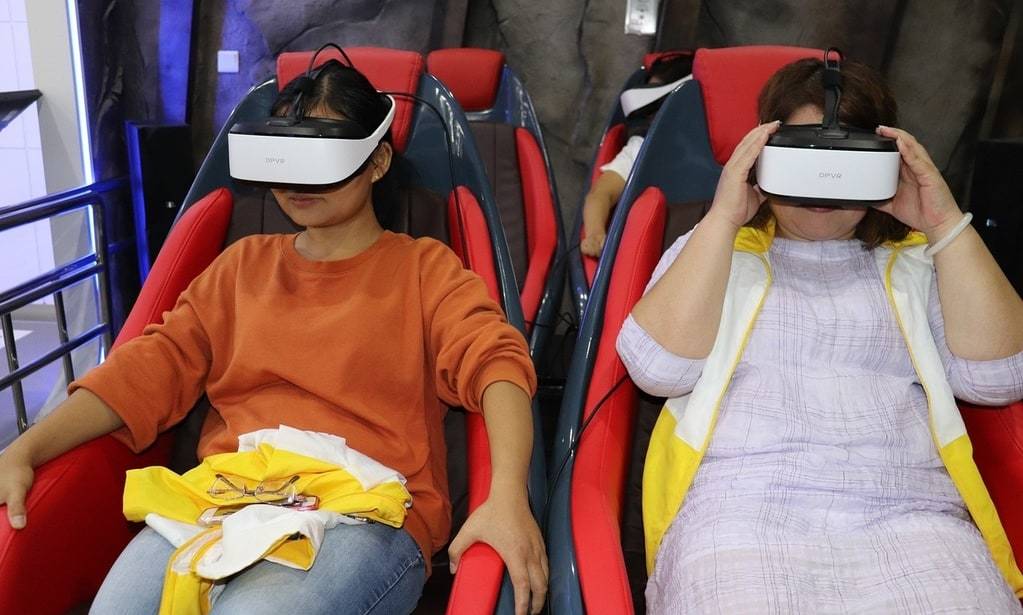The entertainment industry is undergoing a radical transformation, driven by a surge of technological innovations. These advancements are reshaping how content is created, distributed, and consumed, offering audiences more immersive and personalized experiences. From streaming services to augmented reality, the industry is embracing a wave of new technologies that are setting new standards for entertainment.
Technological Innovations Driving Change in Entertainment
The integration of cutting-edge technologies is revolutionizing the entertainment landscape. Among the most significant advancements are artificial intelligence, virtual and augmented reality, and blockchain. These technologies are not only enhancing the way entertainment is produced and delivered but are also changing the way audiences interact with content.
Artificial Intelligence and Machine Learning
Artificial intelligence (AI) and machine learning are playing pivotal roles in transforming entertainment. AI algorithms are used to analyze vast amounts of data, enabling personalized content recommendations that keep viewers engaged. Streaming platforms like Netflix and Spotify leverage AI to suggest movies, TV shows, and music based on user preferences, resulting in a more tailored viewing and listening experience.
AI is also revolutionizing content creation. In filmmaking, AI-driven tools are used for script analysis, visual effects, and even generating realistic virtual characters. These tools streamline the production process and allow creators to push the boundaries of storytelling. The integration of AI in entertainment ensures that content is not only more engaging but also produced more efficiently.

Virtual and Augmented Reality
Virtual reality (VR) and augmented reality (AR) are two technologies that are dramatically altering the way audiences experience entertainment. VR offers immersive experiences that transport users to entirely new worlds. Gaming is one area where VR has made a significant impact, providing players with a level of immersion and interactivity that traditional gaming cannot match. Titles like “Half-Life: alyx” showcase the potential of VR to create captivating and realistic gaming experiences.
AR, on the other hand, enhances the real world by overlaying digital information onto physical surroundings. This technology is being used in various entertainment sectors, including live events and theme parks. For instance, AR can transform a concert by adding visual effects that interact with the performers, creating a more dynamic and engaging experience for the audience.
Blockchain Technology
Blockchain technology is emerging as a game-changer in the entertainment industry, particularly in terms of digital rights management and content distribution. Blockchain offers a decentralized and transparent way to manage intellectual property rights, ensuring that creators receive fair compensation for their work. By using blockchain, artists can sell their music, art, or other content directly to consumers without the need for intermediaries, thereby retaining more control and profits.
Additionally, blockchain is facilitating new ways to fund and distribute content. Through Initial Coin Offerings (ICOs) and Non-Fungible Tokens (NFTs), creators can raise funds for their projects and offer unique digital assets to their fans. This technology is fostering a more direct and interactive relationship between creators and their audiences.
Here are some key points to highlight the impact of these technologies:
- Personalized content recommendations through AI enhance user engagement.
- Immersive experiences created by VR and AR transform traditional entertainment.
- Blockchain’s role in digital rights management ensures fair compensation for creators.
- Direct distribution models enabled by blockchain allow artists to retain more control and profits.
- Interactive and engaging experiences foster a stronger connection between creators and audiences.
Streaming Services and On-Demand Content
The rise of streaming services has significantly altered how content is consumed. Platforms like Netflix, Amazon Prime, and Disney+ offer vast libraries of movies, TV shows, and documentaries that can be accessed anytime, anywhere. This shift to on-demand content has given audiences unprecedented control over their viewing habits, allowing them to watch what they want, when they want.
Streaming services have also democratized content creation. Independent filmmakers and small studios can now reach global audiences without the need for traditional distribution channels. This has led to a surge in diverse and innovative content that caters to niche markets, enriching the entertainment landscape.
Interactive and Immersive Storytelling
Interactive storytelling is another exciting development in entertainment, driven by advancements in technology. Platforms like Netflix have experimented with interactive films such as “Black Mirror: bandersnatch,” where viewers make choices that influence the narrative. This level of interactivity provides a more engaging experience and allows audiences to become active participants in the story.
Immersive storytelling is further enhanced by technologies like 360-degree video and haptic feedback. These tools create a sense of presence and physicality, making viewers feel as if they are part of the story. As technology continues to evolve, the potential for creating even more immersive and interactive narratives is limitless.
The Future of Entertainment
As technology continues to advance, the entertainment industry is poised for even greater transformations. The integration of AI, VR, AR, and blockchain will continue to shape the way content is created, distributed, and consumed. These technologies not only offer new ways to entertain but also provide opportunities for deeper engagement and personalization.
The future of entertainment lies in the seamless blend of technology and creativity, offering audiences experiences that are more immersive, interactive, and tailored to their preferences. As these innovations continue to evolve, they will undoubtedly set new benchmarks for what is possible in the world of entertainment, paving the way for a more dynamic and engaging industry.
